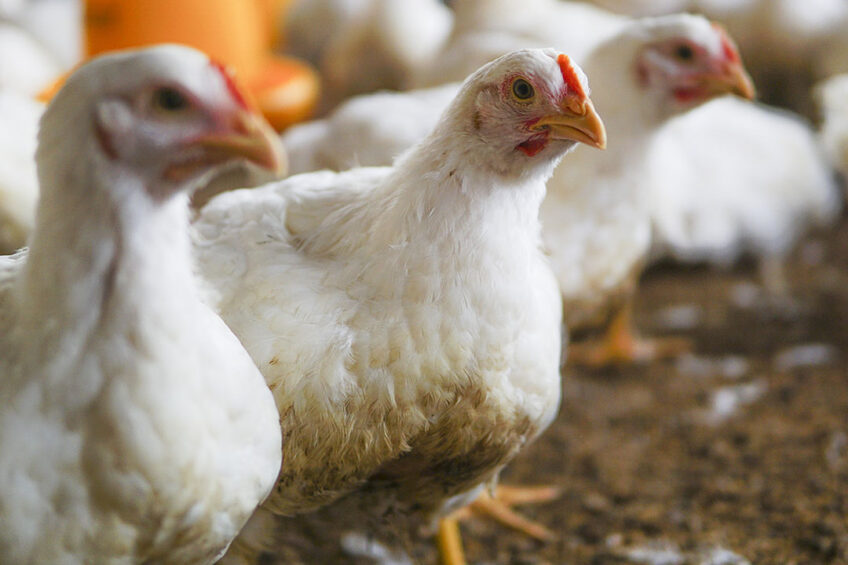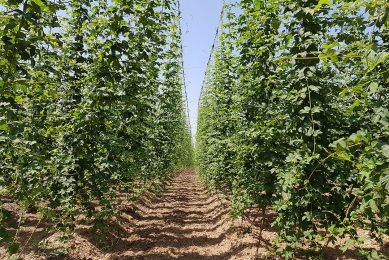Supply chain collaboration needed to tackle hunger and climate change

Tackling climate change and global hunger will need greater collaboration across the agricultural supply chain.
Animal health company, Elanco, has released its ‘Changing the World One Animal at a Time’ environmental, social and governance report outlining the company’s approach to working across the supply chain to help farmers produce healthy and affordable food while tackling global warming.
Polly Davies, UK poultry team lead at Elanco, said supporting animal health and production efficiencies on-farm should be the starting point for action. “Within Elanco, we’re working on cutting the environmental footprint from our own operation… Our main goal is for the Hook office to be carbon-neutral in our own operations by 2030. We plan to achieve this by sending zero waste to landfill, using more renewable energy, reducing water use, and using environmentally friendly technology for things like heating, lights and transport.”
Product and service innovations
The firm is also working with customers to leverage product and service innovations to help stakeholders advance their sustainability efforts. Examples include its Health Tracking System (HTSi) and gut health solutions which the company says can help reduce emissions while supporting more profitable production.
“The HTSi programme helps broiler producers capture and monitor specific health and welfare indicators, enabling them to make timely, data-based management decisions to improve broiler health, welfare and performance. We have also developed a range of gut-health supporting supplements that can help support reduce emissions; an example is the energy-sparing feed enzyme, Hemicell XT, which improves the utilisation of dietary energy,” said Davies.
Antibiotics and disease prevention
The company is also committed to promoting the responsible use of antibiotics, with an increasing focus on disease prevention and early disease detection. Increased knowledge and expanded access to data, a growing product portfolio, precision applications and antibiotic alternatives, such as vaccines and enzymes, will protect future sustainable animal production.
The UK’s Agricultural Industries Confederation agrees that further work needs to be done to enhance sustainability issues across the globe. In its look-ahead to activities planned for this year, policy manager, Andrew Pearson, highlighted 3 areas of work:
- Working towards sustainable soya: The UK’s progression towards verified deforestation-free and conversion-free soya is an important goal for the industry, with growing demand from retailers and consumers to find a solution. Pearson said: “We have emphasised the importance of the whole supply chain collaborating to deliver a proposed national plan to transition the UK towards importing verified deforestation-free and conversion-free soya.”
- Development of agri-supply industry Sustainability Self-Assessment Framework – an anticipated launch is due later this year.
- Final Feed Adviser Register sustainability module launched and rolled out – this covers CPD training around Sustainability and Feed and the Responsible Sourcing of Feed Ingredients. Feed advisers have a critical role to play in helping UK livestock farmers cut greenhouse gas emissions through quality advice,” added Pearson.









